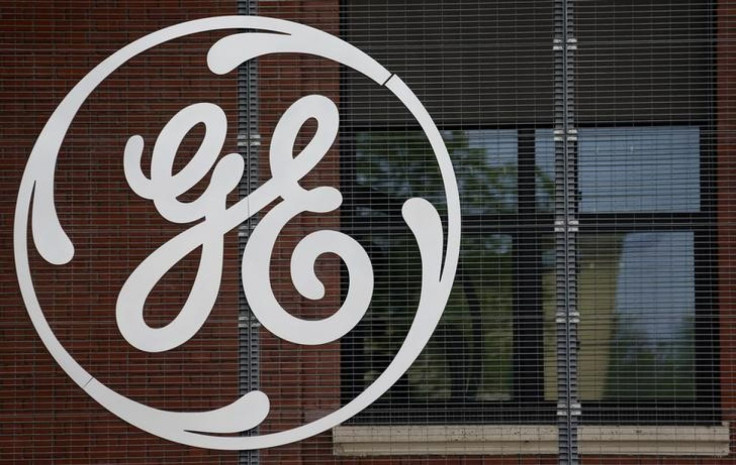Tax Dodge: Apple, Pfizer Among Top Companies That Added Nearly $90B To Their Offshore Cash Hoards Through Tax Inversion In 2014

In December 1982, U.S. construction and engineering firm McDermott became the first company to establish a foreign subsidiary to keep its globally acquired profits in countries with lower corporate tax rates. Today, hundreds of American firms use the same tax inversion strategy to dodge paying U.S. taxes on hundreds of billions in profit, but only a small number of them make up the majority of the money kept abroad.
Last year, U.S. companies added $154.5 billion to their cash hoard in subsidiaries established in well-known tax haven countries like the Cayman Islands and Luxembourg, according to company data compiled by Bloomberg in a report published Wednesday. A little more than $2.09 trillion from hundreds of U.S. companies now sits outside of the reach of the Internal Revenue Service in countries that charge little to no taxes on corporate earnings made outside their borders.
“It just makes no sense to repatriate, pay a substantial tax on it,” Joseph Kennedy, a senior fellow at the Information Technology and Innovation Foundation, told the news agency.
Companies with substantial international operations or that earn money from intellectual property are more likely to take advantage of the tax loophole. Global industrial heavyweight General Electric has long held the top slot as the biggest tax inverter, at $119 billion. The company uses this cash to reinvest in its massive global business operations, including oil and gas equipment, home appliances and power and water systems.
Company data shows that while hundreds of U.S companies use tax inversions, a relatively small number of them own a large share of the offshored income. For example, the top 10 companies that kept the most profits overseas last year were responsible for $87 billion of the $154.5 billion, or 56 percent. At the same time, the top 10 biggest tax inversion cash hoards make up about a third of the $2.09 billion total. In other words, the biggest tax inverters are the biggest by a long shot.
Technology and pharmaceutical companies are some of the biggest tax inverters, mainly because their operations are easy to move around. General Motors, for example, holds about a tenth of the amount of money abroad, $7.1 billion, than Apple does, at $69.7 billion. This is mainly because Detroit-based GM makes most of its money in the U.S. and it invests in factories abroad through subsidiaries and joint ventures (especially in China) that are difficult and expensive to relocate to tax havens. Cupertino, California-based Apple, on the other hand, easily set up small global subsidiaries in Ireland, the Netherlands and other tax havens that act like safety deposit boxes for its global cash stockpile.
The tax inversion was created over 30 years ago by the late and renowned (among corporate accountants) tax attorney John Carroll Jr., a liberal Democrat who opposed the Vietnam War but was a cutthroat when it came to the U.S. tax code, people who knew him recounted in a December article in Bloomberg. He nicknamed the tax-avoidance strategy the “Panama Scoot,” in reference to McDermott’s decision to adopt Carroll’s plan by setting up a Central American headquarters while retaining its corporate leaders in the U.S.
The strategy moved its way into other companies over the years with little controversy. But last year, the Obama administration announced a proposal to make tax inversions more difficult. It will take an act of Congress to adjust the tax code in a way that prevents companies from dodging U.S. corporate taxes.
© Copyright IBTimes 2024. All rights reserved.





















